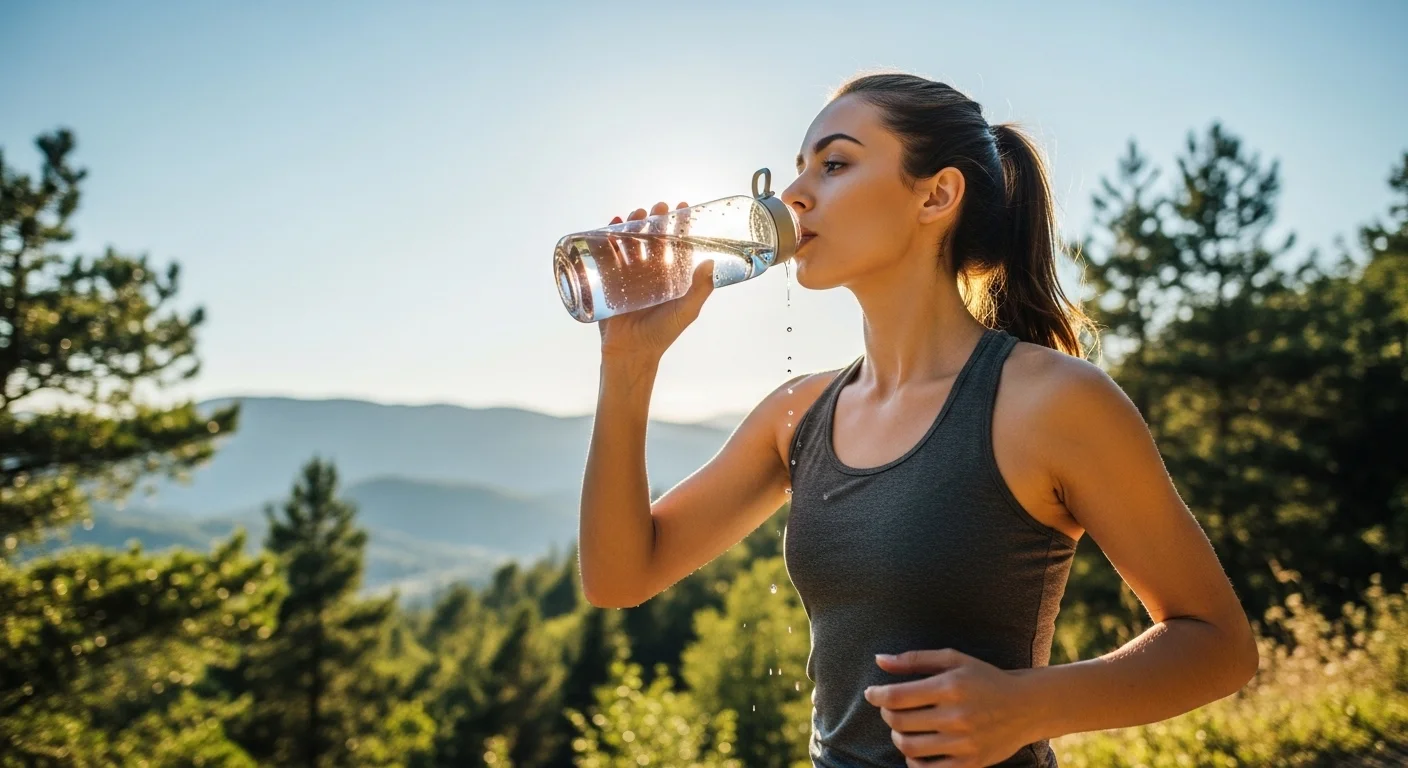Water is the source of all life. This simple fact becomes evident when you consider that the human body is approximately 60% water, with every cell, tissue, and organ depending on proper hydration to function optimally. However, in our busy lives, maintaining adequate fluid intake often falls to the bottom of our priority list. Understanding the critical role of hydration and making it a consistent routine activity can transform your health, energy levels, and overall wellbeing.
Why Hydration Matters More Than You Think
Your body consistently relies on water for virtually every physiological process. From regulating body temperature and cushioning joints to transporting nutrients and removing waste products, water is the unsung hero of your bodily functions. When our body is properly hydrated, our brain works more efficiently, our skin glows with vitality, our digestive system operates smoothly, and our energy levels remain stable throughout the day.
Dehydration, even in mild forms, results in fatigue, headaches, lapses in concentration and mood swings. Insufficient fluid intake has been linked to more serious health concerns including kidney stones, urinary tract infections, and impaired cardiovascular function. Making fluid intake a key routine activity isn’t just about quenching thirst; it’s about giving your body the fundamental resource it needs to thrive.
How Much Water Do You Really Need?
The proverbial “eight glasses a day” rule provides a simple guideline but our individual hydration needs depend on multiple factors. Our body size, activity level, climate, overall health status, and even what we eat, all influence how much fluid we require daily.
A more personalized approach considers our body weight, with general recommendations suggesting about 30 to 35 ml of water per kg of body weight. For someone weighing 70 kg, this translates to roughly 2.1 to 2.5 liters daily. However, if you exercise regularly, live in a hot climate or are pregnant or breastfeeding, your needs increase significantly.
Listen to your body’s signals. Thirst is an obvious indicator, but by the time you feel thirsty, you may already be mildly dehydrated. A better gauge is the color of urine; pale yellow indicates good hydration, while darker shades suggest the body needs more fluids.
Creating Your Personal Hydration Routine
Transforming fluid intake into a consistent routine activity requires intentional strategies that fit seamlessly into your lifestyle. Start your day with water. After hours of sleep without fluid intake, your body needs rehydration. Keep a glass of water by your bedside and drink it first thing in the morning to jumpstart your metabolism and flush out toxins accumulated overnight.
Set regular reminders throughout your day. Whether through phone alarms, habit tracking apps, or visual cues like keeping a water bottle on your desk, create systems that prompt you to drink regularly rather than waiting until you’re parched. Associating hydration with existing habits like drinking water before each meal or after every bathroom break helps build sustainable routines.
This is where a dedicated wellness companion like Mylera can make all the difference. The Mylera app helps you track your daily fluid intake alongside other essential routine activities, providing gentle reminders and insights that keep you accountable without feeling overwhelming. By integrating hydration tracking into a comprehensive wellness platform, you can see how your water intake correlates with your energy levels, mood and overall health patterns.
Make water accessible and appealing. Invest in a reusable water bottle you genuinely enjoy using and carry it everywhere. If plain water feels boring, infuse it with fresh fruits, cucumber, mint or herbs to add natural flavor without added sugars or artificial ingredients.
Beyond Water: Diversifying Your Fluid Sources
While water should form the foundation of any hydration strategy, other beverages and foods contribute to your daily fluid intake. Herbal teas, coconut water, and freshly squeezed juices offer hydration along with additional nutrients and antioxidants.
Foods with high water content such as cucumbers, watermelon, oranges, strawberries, lettuce, and zucchini provide both hydration and valuable vitamins and minerals. Soups and broths, especially when made with nutritious vegetables, serve as excellent hydrating meals during colder months.
However, you should be mindful of beverages that may work against your hydration goals. Excessive caffeine and alcohol routinely have diuretic effects, increasing fluid loss. While moderate coffee or tea consumption is generally fine, balance these drinks with extra water to maintain optimal hydration levels.
Recognizing Your Hydration Status
Developing awareness of your body’s hydration signals helps you maintain consistent fluid intake. Beyond thirst and urine color, notice other indicators such as dry mouth, chapped lips, and decreased skin elasticity that suggest dehydration. Mental fog, sluggishness, and irritability often improve dramatically with proper hydration.
During physical activity, significant fluids are lost through sweat. It is recommended that you weigh yourself before and after exercise; for every kilogram lost, you should drink approximately 1.5 liters of water to fully rehydrate. For workouts lasting longer than an hour or in warmer conditions, consider beverages containing electrolytes to replace minerals lost through perspiration.
With Mylera’s holistic approach to wellness tracking, you can monitor how your hydration habits impact your physical activities, sleep quality, and daily performance. This comprehensive view enables you to understand your body’s unique patterns and optimize your routine activities for maximum benefit.
The Mindful Hydration Approach
Integrating mindful awareness into your fluid intake routine elevates it from a mechanical task to a health promoting practice. When you drink water, take a moment to appreciate how it nourishes your body. Notice the sensation of refreshment, the clarity it brings to your mind and the energy it provides to your cells.
This mindful approach aligns with holistic wellness principles, recognizing that every small action contributes to your overall health. Making conscious choices about hydration demonstrates self care and respect for your body’s needs.
Building Lasting Hydration Habits
Consistency transforms routine activities into ingrained habits. It is important to start with achievable goals; if you currently drink very little water, don’t aim for a drastic overnight change. Gradually increase your intake week by week, allowing your body and habits to adjust naturally.
Track your progress in a way that motivates you, whether through a simple journal, a habit app, or checking off daily hydration goals. Celebrate small victories and be patient with yourself during the adjustment period.
Remember that establishing any new routine takes time and repetition. Research suggests it takes anywhere from 18 to 254 days for a behavior to become automatic, with an average of 66 days. Commit to making fluid intake a non-negotiable part of your daily routine, just like brushing your teeth or sleeping.
Transform Your Hydration Journey with Mylera
Fluid intake stands as one of the simplest yet most powerful routine activities you can embrace for better health. By prioritizing hydration, you’re investing in your body’s optimal function, supporting everything from cognitive performance to physical vitality.
But staying consistently hydrated shouldn’t feel like a chore; it should be a natural, integrated part of your wellness journey. That’s exactly what Mylera offers: a comprehensive platform designed to help you track, maintain, and optimize all your routine activities, including hydration, in one seamless experience.
Ready to take control of your hydration habits and transform your overall wellbeing?
Download the Mylera app today and discover how easy it becomes to maintain healthy hydration levels when you have the right tools supporting you. Join thousands of users who are building better routine activities, one mindful choice at a time.


